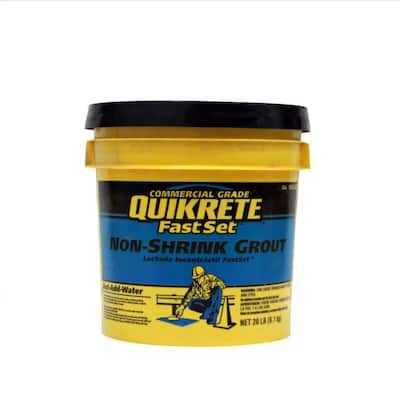- Jun 11, 2014
- 11,023
- 12,243
Founding Member
The home looks well maintained from the video, but that's like looking at something a block away through binoculars. My guess is the owners have been there for a few years which is good. Before your money goes hard, here are a few things you can do.
Cruise the neighborhood at different times of the day and week.
Check out your neighbors, and by this, it wouldn't hurt to knock on the doors around the house and introduce yourself. Ask one neighbor about the others.
Kids...how many and where. Maybe the next door neighbor raises coon dogs. Watch this video this guy is great, there are several on him in youtube.
Traffic, bus stops, playgrounds, basketball goals at the curb, pretend you already live there and look around like it's your place.
It would be great if there was a heavy rain event and you were around to watch how the water acts and where it goes. Drainage is one of the most important issues and I would assume after the 30 years that home has been there, what ever problems existed have been solved. Goon made a good point about the water running under the deck. It appears in the video that rear of the lot slopes towards the house and from right to left looking at it from the rear. It also appears that they have added a retaining wall at the rear to reduce the grade and make more of the lot friendly and usable. That should help with water flow.
Ask your inspector to investigate the actual waterproofing system used. Some are old=school and will work for many years, some were in use in 1984 that were real good systems that are still being used today . Any system used should include a footing drain which would daylight at the lowest end of the house (around your daylight basement). This is to relieve the water that migrates to the footing. Have your inspector make sure they are open and functioning.
You have overhead power which brings electricity from the pole and transformer to a masthead which then channels the cable to your meter socket. Ask who maintains maintenance of the overhead cable and make sure there are no overhanging limbs. If so, make the seller remove them. Also you should get rid of both of those two trees next to the foundation at the front of the home. Those are big trouble.
Cruise the neighborhood at different times of the day and week.
Check out your neighbors, and by this, it wouldn't hurt to knock on the doors around the house and introduce yourself. Ask one neighbor about the others.
Kids...how many and where. Maybe the next door neighbor raises coon dogs. Watch this video this guy is great, there are several on him in youtube.
Traffic, bus stops, playgrounds, basketball goals at the curb, pretend you already live there and look around like it's your place.
It would be great if there was a heavy rain event and you were around to watch how the water acts and where it goes. Drainage is one of the most important issues and I would assume after the 30 years that home has been there, what ever problems existed have been solved. Goon made a good point about the water running under the deck. It appears in the video that rear of the lot slopes towards the house and from right to left looking at it from the rear. It also appears that they have added a retaining wall at the rear to reduce the grade and make more of the lot friendly and usable. That should help with water flow.
Ask your inspector to investigate the actual waterproofing system used. Some are old=school and will work for many years, some were in use in 1984 that were real good systems that are still being used today . Any system used should include a footing drain which would daylight at the lowest end of the house (around your daylight basement). This is to relieve the water that migrates to the footing. Have your inspector make sure they are open and functioning.
You have overhead power which brings electricity from the pole and transformer to a masthead which then channels the cable to your meter socket. Ask who maintains maintenance of the overhead cable and make sure there are no overhanging limbs. If so, make the seller remove them. Also you should get rid of both of those two trees next to the foundation at the front of the home. Those are big trouble.








